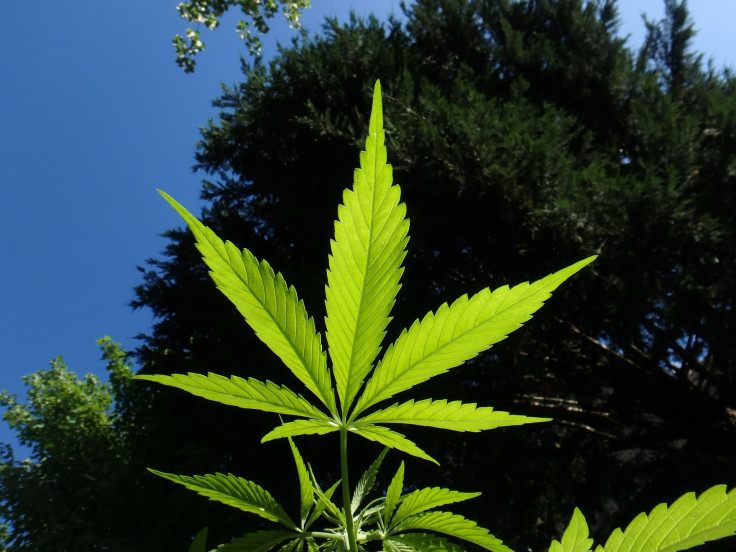Marijuana And Pregnancy: Women Who Use Cannabis Through Week 20 Of Gestation At Higher Risk Of Preterm Birth

Whether using marijuana during pregnancy has benefits or harmful consequences has been hotly debated among mothers, marijuana activists, and researchers. Advocates of lighting up while carrying a child may be backing down soon, however, as an international team has just demonstrated a direct link between continued marijuana use during pregnancy and preterm birth.
The researchers, led by the University of Adelaide’s Robinson Research Institute, evaluated more than 5,500 pregnant women, 5.6 percent of whom reported using marijuana before or during pregnancy. The team looked at several risk factors, including cigarette smoking, obesity, age, and socioeconomic status, and evaluated their links to pregnancy complications. After accounting for all of these factors, they found that using marijuana through the 20-week gestation period is independently associated with a fivefold increase in the risk of preterm birth.
“Our results suggest that more than 6 percent of preterm births could have been prevented if women did not use marijuana during pregnancy, irrespective of other risk factors,” said professor Claire Roberts, from the Robinson Research Institute, in a press release.
Roberts said that in the Australian participating center, which had a higher proportion of pregnant marijuana users than the other facilities involved in the study, nearly 12 percent of preterm births could have been prevented.
“This is the first time that continued marijuana use in pregnancy has been independently linked to preterm birth,” she said. “Based on our findings, we consider marijuana to be a major public health concern for pregnant women and their babies.”
The researchers reported 236 preterm births among the participating mothers. Those mothers who used cannabis at 20 weeks gestation had an average gestation period of just 30 weeks, shorter than those who did not (a little more than 34 weeks on average). Marijuana users also had a higher proportion of very early preterm birth, with 36 percent of them having delivered at less than 28 weeks gestation, and 64 percent at less than 32 weeks. Only five percent of non-users delivered at less than 28 weeks, and 16 percent at less than 32 weeks.
Preterm birth refers to any infant born before 37 weeks. Being born preterm is the single biggest contributor to infant death, with those babies being born extremely preterm (before 32 weeks) facing the greatest risks. Babies born too early are at risk of developing long-term neurological disabilities, and can also face breathing problems, vision and hearing issues, and developmental delays.
Roberts said the findings have implications for pregnant women around the globe. “In the United States, 23 states have now legalized marijuana in some form, either for medicinal or recreational use,” she said. “Canada’s government has also promised to decriminalize marijuana for recreational use.”
Roberts said it is this widespread use that raises concerns about marijuana’s safety for pregnant women.
“Anecdotally, we know that some women are using marijuana to reduce nausea in pregnancy, even though there is no medical evidence to support this,” she continued. “Our study was unable to determine whether there is a safe time prior to 20 weeks gestation to give up marijuana. Therefore, we recommend total abstinence from marijuana during pregnancy.”
Source: Leemaqz S, Dekker G, McCowan L, Kenny L, Myers J, Simpson N. Maternal Marijuana Use has Independent Effects on Risk for Spontaneous Preterm Birth but Not Other Common Late Pregnancy Complications. Reproductive Toxicology. 2016.



























